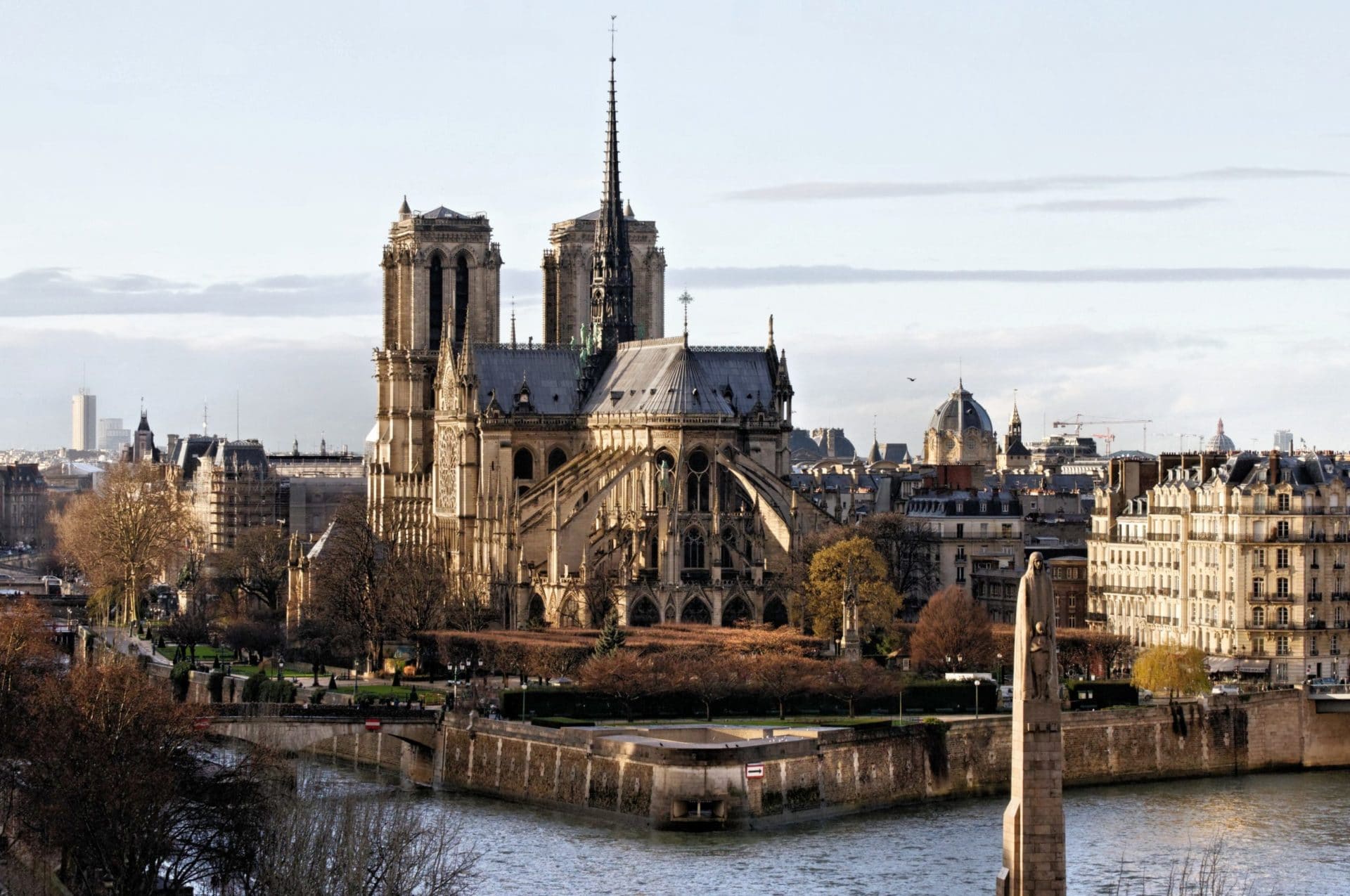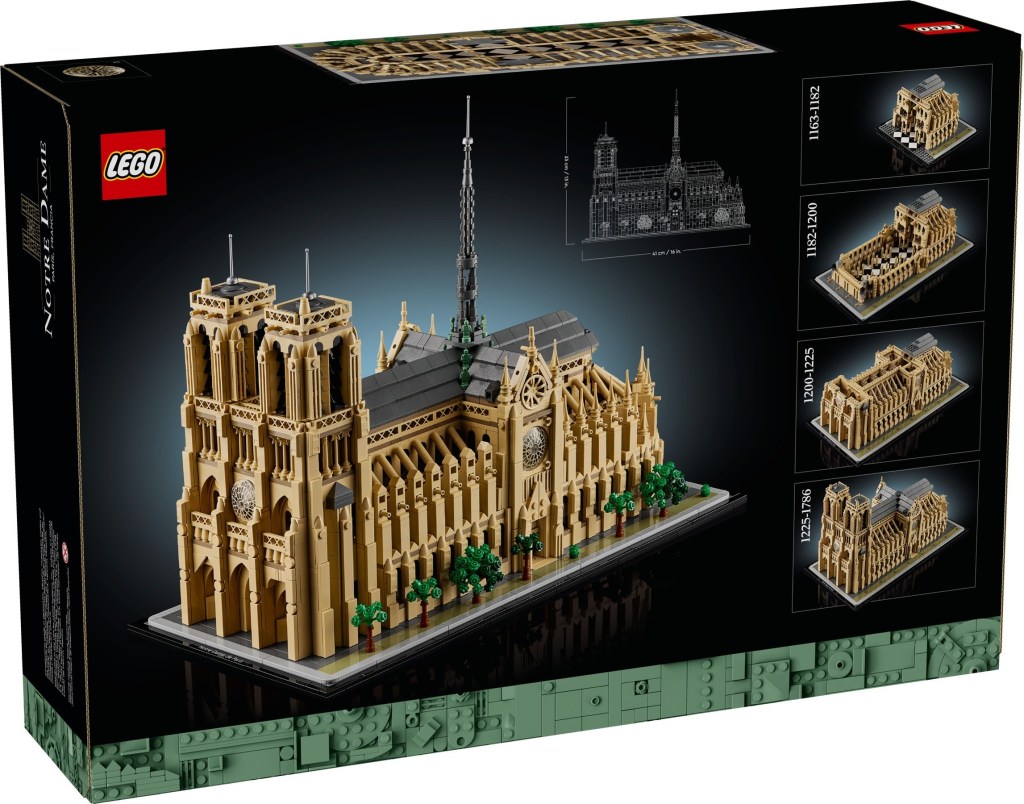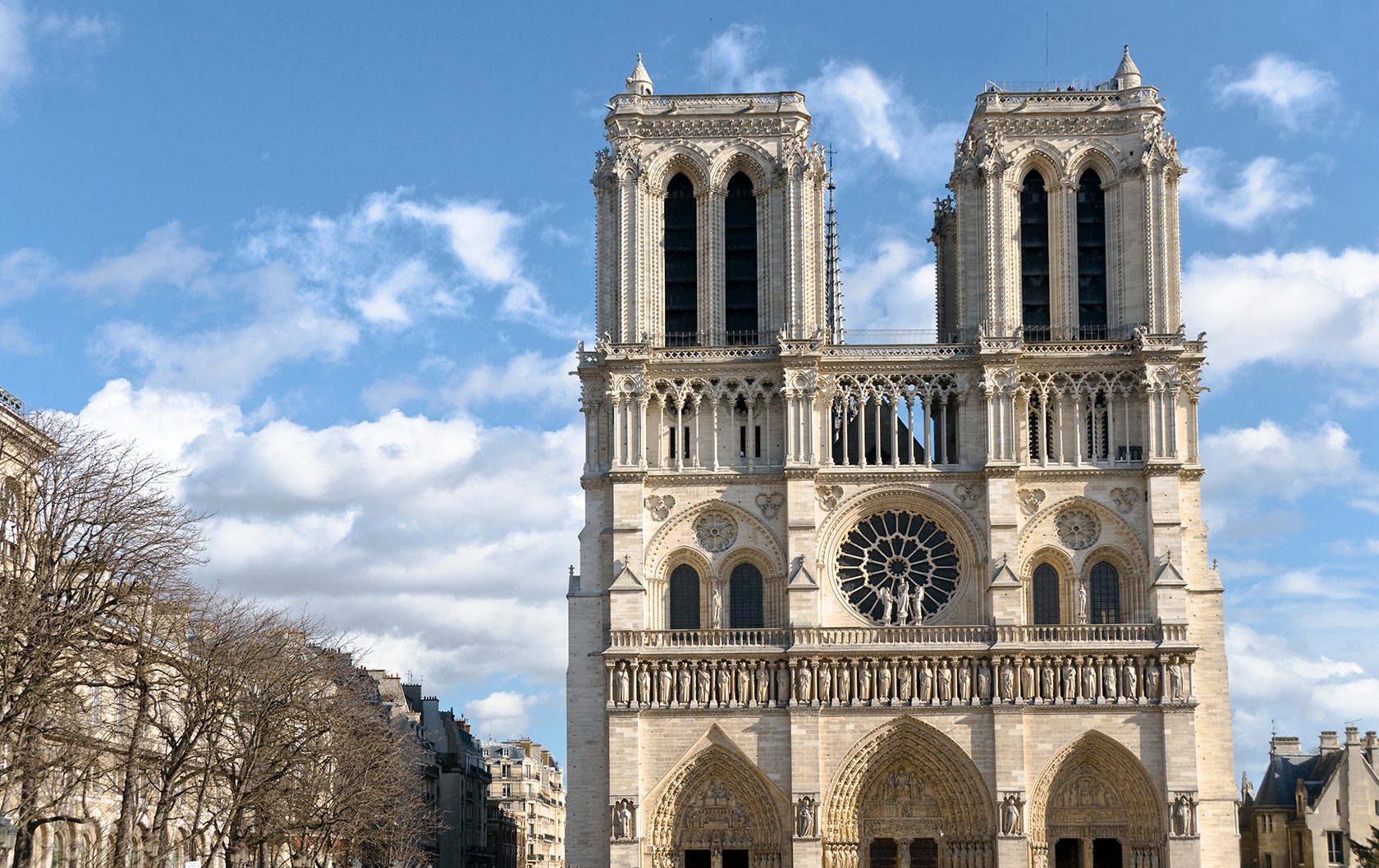
The Historical Significance of Notre-Dame Cathedral
Overview of Notre-Dame Cathedral
Notre-Dame Cathedral, located in the heart of Paris, stands as a monumental testament to the city’s rich history. Started in 1163 and completed in the 14th century, it embodies a blend of Gothic architecture and artistry, drawing millions of visitors each year. This iconic structure is not only a place of worship but also a symbol of resilience and cultural pride for the French people.
Architectural and Cultural Importance
The architectural brilliance of Notre-Dame is evident in its flying buttresses, intricate stone carvings, and stunning façade. The cathedral not only serves religious purposes but is also a key venue for significant national ceremonies, such as:
- Royal Weddings
- State Funerals
- National Celebrations
This rich cultural tapestry positions Notre-Dame as a pivotal landmark in Paris.
Historical Events Associated with Notre-Dame
Throughout its existence, Notre-Dame has witnessed pivotal historical moments. From the coronation of Napoleon Bonaparte in 1804 to the mass gatherings during the French Revolution, the cathedral has been a silent observer of the unfolding narrative of France. This deep-rooted history is etched into its very stones, making Notre-Dame an enduring symbol of the nation’s journey through time.

Construction and Design of Notre-Dame
Origins and Foundation of the Cathedral
The origins of Notre-Dame Cathedral trace back to 1160, initiated by Bishop Maurice de Sully. The goal was to create a grand place of worship that reflected the growing influence of Paris. This site, previously home to an early church, was meticulously chosen for its central location along the Seine River, paving the way for its future prominence.
Architectural Features and Design Elements
The architectural features of Notre-Dame are nothing short of breathtaking. Key design elements include:
- Flying Buttresses : These external supports not only stabilize the structure but also add to its aesthetic appeal.
- Gargoyles : Serving both decorative and functional purposes, they channel rainwater away from the walls.
- Rose Windows : Stunning stained glass masterpieces that illuminate the interior with colorful light.
These elements showcase the ingenuity of medieval architects and make Notre-Dame a marvel of Gothic architecture.
Renovations and Reconstructive Efforts
Over the centuries, various renovations have aimed to preserve Notre-Dame’s splendor. Notable efforts included the 19th-century restoration by architect Eugène Viollet-le-Duc, who emphasized the cathedral’s original Gothic style. These ongoing and past efforts ensure the cathedral remains a symbol of Parisian heritage, as important as the day it was completed.

Notable Artworks and Treasures Inside Notre-Dame
Rose Windows and Stained Glass Artwork
Inside Notre-Dame, the breathtaking rose windows are true masterpieces of artistry. Each window tells a story, crafted from thousands of colorful glass pieces. The most famous, located at the western facade, measures an impressive 10 meters in diameter and portrays biblical scenes in magnificent hues.
Religious Relics and Artifacts
Among the treasures, Notre-Dame houses significant religious relics, including the Crown of Thorns, believed to have belonged to Christ. This sacred artifact has drawn many pilgrims and curious visitors alike, underlining the cathedral’s spiritual importance.
Sculptures and Decorative Elements
The stunning sculptures adorning the façade depict a myriad of biblical figures and saints, each carved with intricate detail. This artistic decoration not only enhances the visual splendor but also communicates stories from scripture, inviting all to ponder their meanings. Together, these elements emphasize Notre-Dame’s role as a vibrant cultural and religious symbol, alluring countless admirers.

Notre-Dame Through the Centuries
Evolution of the Cathedral Over Time
Since its completion in the 14th century, Notre-Dame has undergone significant evolution. Architectural modifications and restoration efforts reflect the changing artistic styles and cultural values throughout history. The transition from Gothic to more contemporary influences showcases how the cathedral has adapted while maintaining its original charm.
Surviving Wars and Restoration
Notre-Dame has withstood numerous challenges, including the French Revolution, when much of its religious iconography was damaged. Despite these trials, dedicated restoration efforts in the 19th and 20th centuries revived its former glory, highlighting the resilience of both the structure and the faith it represents.
Notable Visitors and Events at Notre-Dame
The cathedral has welcomed countless notable visitors, from monarchs to artists. Events such as the coronation of Napoleon and various state ceremonies contributed to its stature as a historic landmark. Each gathering underscored Notre-Dame’s role at the heart of France’s national identity, making it a cherished site of collective memory.

The Devastating Fire of 2019
Timeline of the Fire Incident
On April 15, 2019, Notre-Dame Cathedral was engulfed in flames, shocking the world. The fire broke out in the early evening during renovation work, rapidly spreading through the wooden framework. Within hours, the iconic spire collapsed, and large sections of the roof were consumed.
Damage Assessment and Aftermath
Following the incident, assessments indicated significant structural damage, with the main stone facade remaining intact. However, invaluable artworks, including the organ and parts of the interior, were saved due to the quick actions of firefighters.
Global Response and Restoration Plans
In the aftermath, a wave of global sympathy and support emerged. Governments, organizations, and individuals pledged donations, leading to a concerted restoration effort. Plans to restore Notre-Dame to its former glory were announced, reflecting a shared commitment to preserving this cultural treasure for future generations.

The Future of Notre-Dame Cathedral
Ongoing Restoration Efforts
The restoration of Notre-Dame Cathedral is well underway, with skilled craftsmen and artisans meticulously working to revive its iconic features. These ongoing efforts focus on both structural integrity and aesthetic detail, ensuring that the cathedral remains true to its original design.
Architectural Plans and Vision
Plans for the future include incorporating modern safety measures while preserving historical authenticity. Enhancements aim to improve visitor experience, like better accessibility and engaging educational exhibits, creating a bridge between history and modernity.
Reopening and Future Role of Notre-Dame
As preparations for reopening begin, Notre-Dame is set to resume its role as a focal point for worship and cultural gatherings. Its future promises to blend tradition with innovation, reaffirming its status as a cherished symbol of Paris and a beacon for people worldwide.




